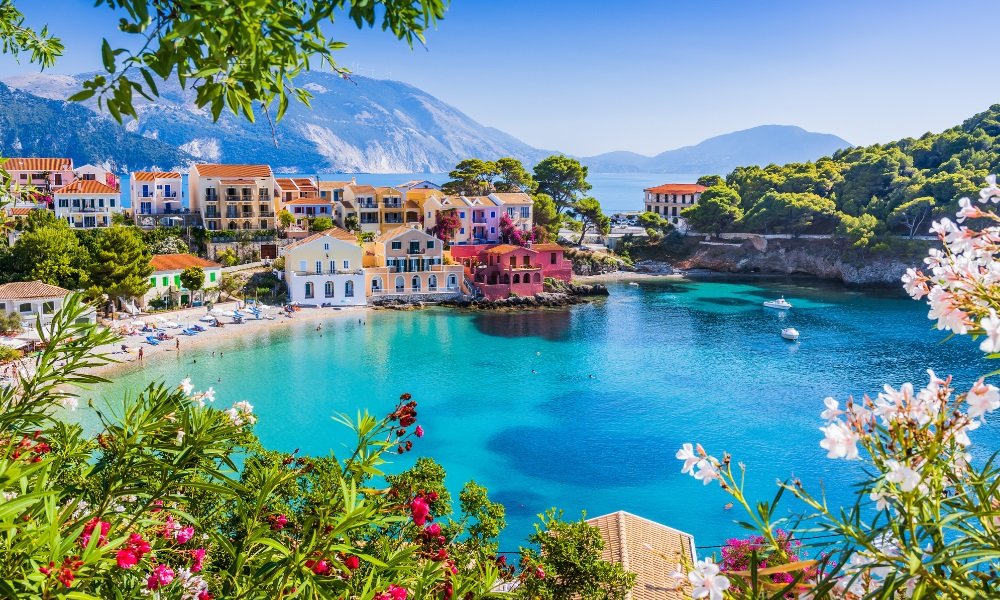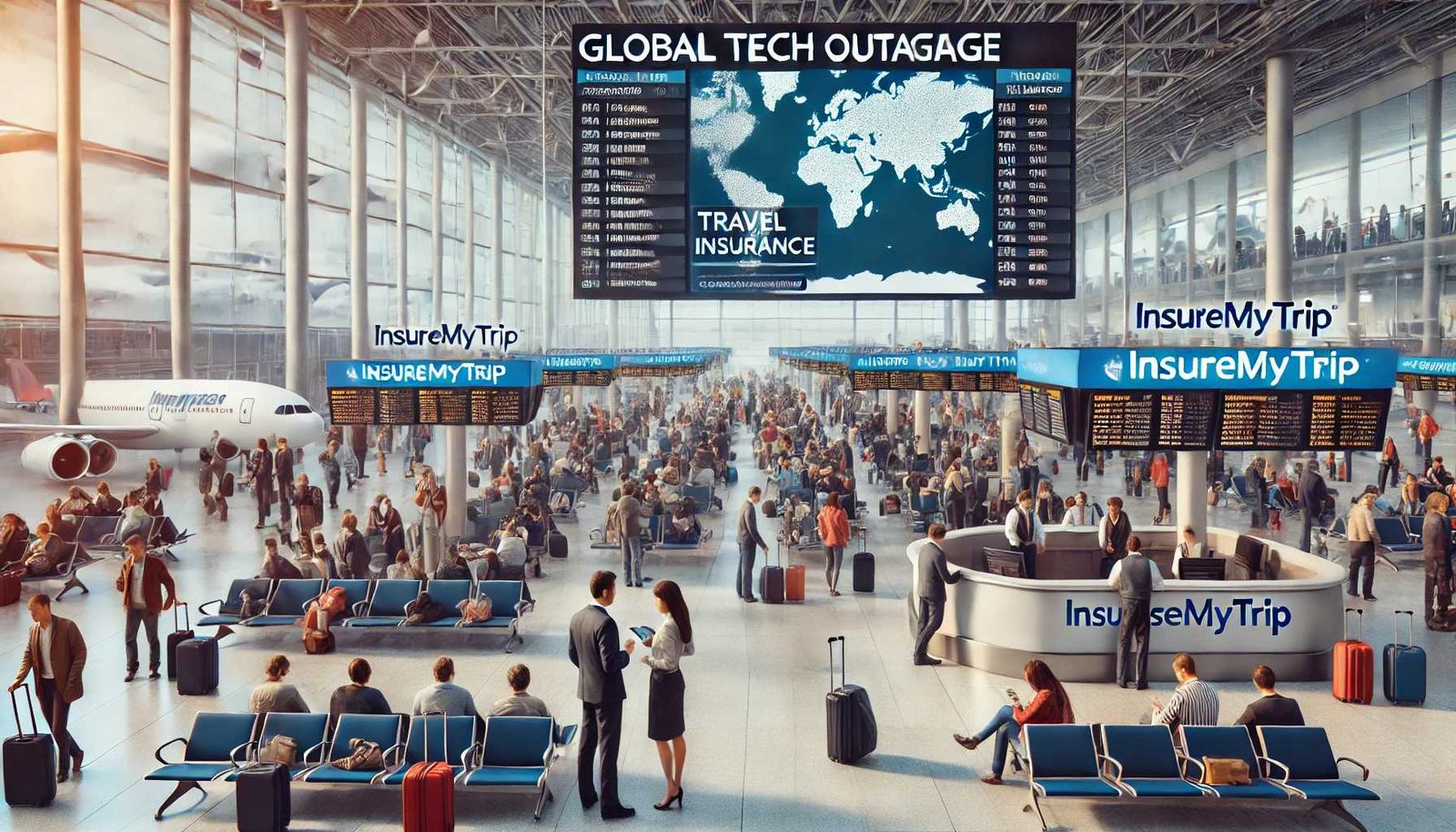The tourism industry in the European Union (EU) has experienced a remarkable rebound, reaching record highs after a prolonged shutdown due to the COVID-19 pandemic. With the easing of travel restrictions and successful vaccination campaigns, tourists are flocking to EU member states, eager to explore the diverse landscapes, rich history, and vibrant cultures.
The impact of the pandemic on the tourism industry cannot be overstated. Travel restrictions, lockdowns, and fears of contracting the virus severely affected the sector, leading to a sharp decline in tourist arrivals. However, as the situation improved and vaccinations became more widespread, people’s desire to travel and explore new destinations has surged.
According to recent data, the EU has witnessed a significant increase in tourist arrivals, surpassing pre-pandemic levels. The summer of 2021 saw a surge in visitors from both within and outside the bloc, with tourists from countries such as the United States, China, and Russia contributing to the record-breaking numbers.
One of the main factors contributing to this resurgence is the EU’s successful vaccination campaign. Member states worked tirelessly to vaccinate their populations, ensuring that both residents and tourists can enjoy their travels safely. The availability of vaccines and the introduction of vaccine passports have played a crucial role in restoring confidence in travel.
Furthermore, the EU’s coordinated approach to reopening borders and harmonizing travel restrictions has facilitated the industry’s recovery. The introduction of the EU Digital COVID Certificate, which provides proof of vaccination, a negative test result, or recovery from the virus, has simplified travel procedures and eliminated the need for multiple quarantine measures. This has made traveling within the EU more accessible and appealing to tourists.
The diverse offerings of EU member states have also played a significant role in attracting tourists. From the historical landmarks of Rome to the stunning beaches of Greece or the cultural delights of Paris, the EU offers something for every type of traveler. The reopening of popular tourist destinations, including museums, restaurants, and hotels, has further contributed to the industry’s resurgence.
The revival of the tourism industry is not only beneficial for travelers but also for the EU’s economy. The sector is a vital source of revenue and employment, particularly in countries heavily reliant on tourism. The influx of tourists has led to a boost in local businesses, increased employment opportunities, and a revitalization of the hospitality sector.
However, despite the positive trends, challenges remain. The threat of new variants and potential future waves of the virus necessitate continued vigilance and adherence to safety measures. Additionally, some countries are still struggling to fully recover due to ongoing travel restrictions or a slower vaccination rollout.
In conclusion, the tourism industry in the EU has made an impressive comeback, reaching record highs after the COVID-19 shutdown. The successful vaccination campaigns, coordinated reopening of borders, and diverse attractions have attracted tourists from around the world. The resurgence of the tourism industry not only brings joy to travelers but also provides a much-needed boost to the EU’s economy. As we navigate the post-pandemic world, it is essential to maintain a balance between revitalizing the industry and ensuring the safety and well-being of both tourists and local communities.





